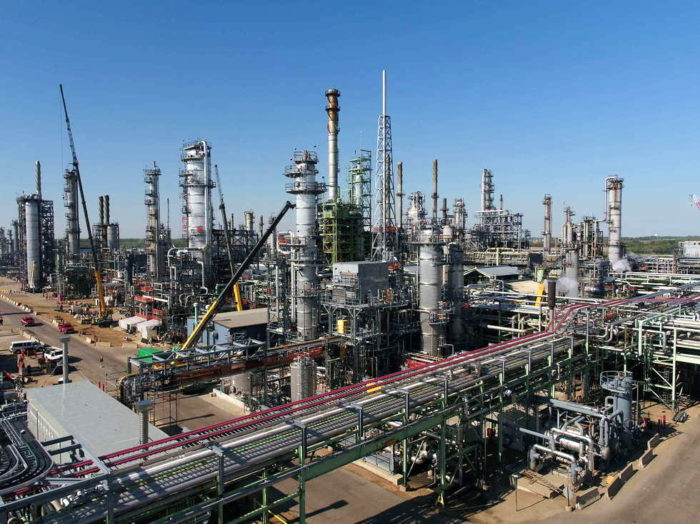Yet more cases where efficiency doesn’t help sustainability
If something destroys life, liberty, and property, making it more efficient leads it to destroy less life, liberty, and property, not zero. Stopping doing it would stop destroying life, liberty, and property.
We know life doesn’t require pollution, despite our cultural beliefs. The quality of life of people who live sustainably doesn’t appear lower than ours and in many cases appears higher, also despite our cultural beliefs.
Let’s look at a specific case. Say you have a machine that burns oil. Ways burning oil hurts people include the extracting the oil, which often destroys wildlife and thereby hurts people, displacing people from their lands to reach it, and polluted air from burning it. If you make it more efficient, you might think you pollute less.
Maybe that interaction pollutes less, but it doesn’t stop people from finding uses for oil. As long as it’s around and the government permits the destruction of life, liberty, and property (despite its charge) resulting from extracting it, people will keep using more.
This point is different from Jevons’ Paradox or rebound effects. It’s just that people will keep using something if they can profit from it, even if they destroy others’ life, liberty, and property.
Only stopping the destruction of life, liberty, and property stops that destruction. Making some processes that cause that destruction doesn’t stop it from happening.
When will we realize?

Read my weekly newsletter

On initiative, leadership, the environment, and burpees